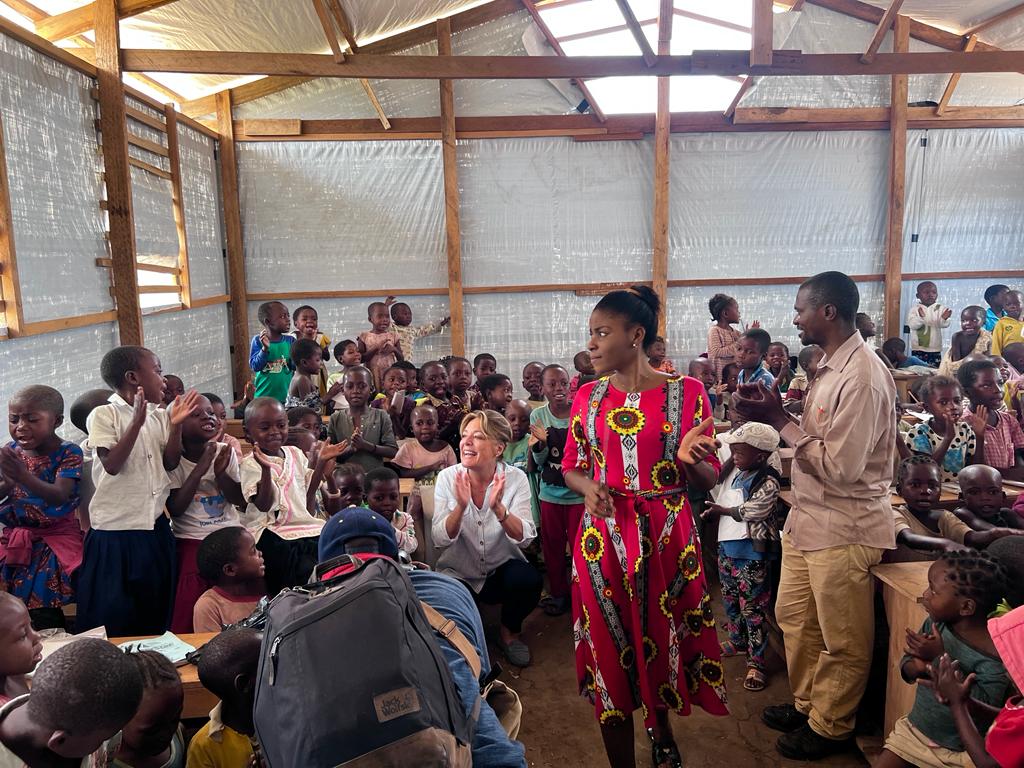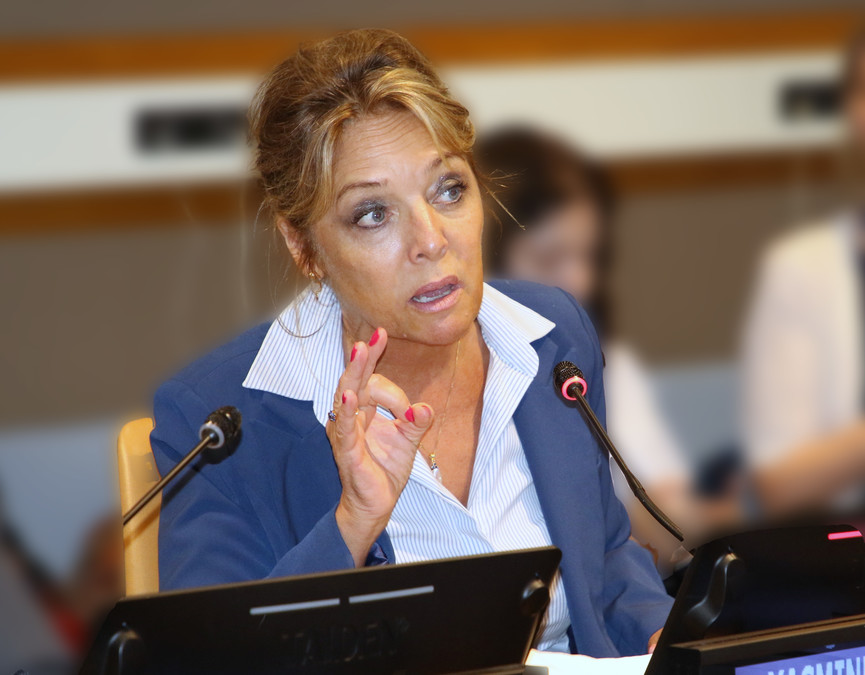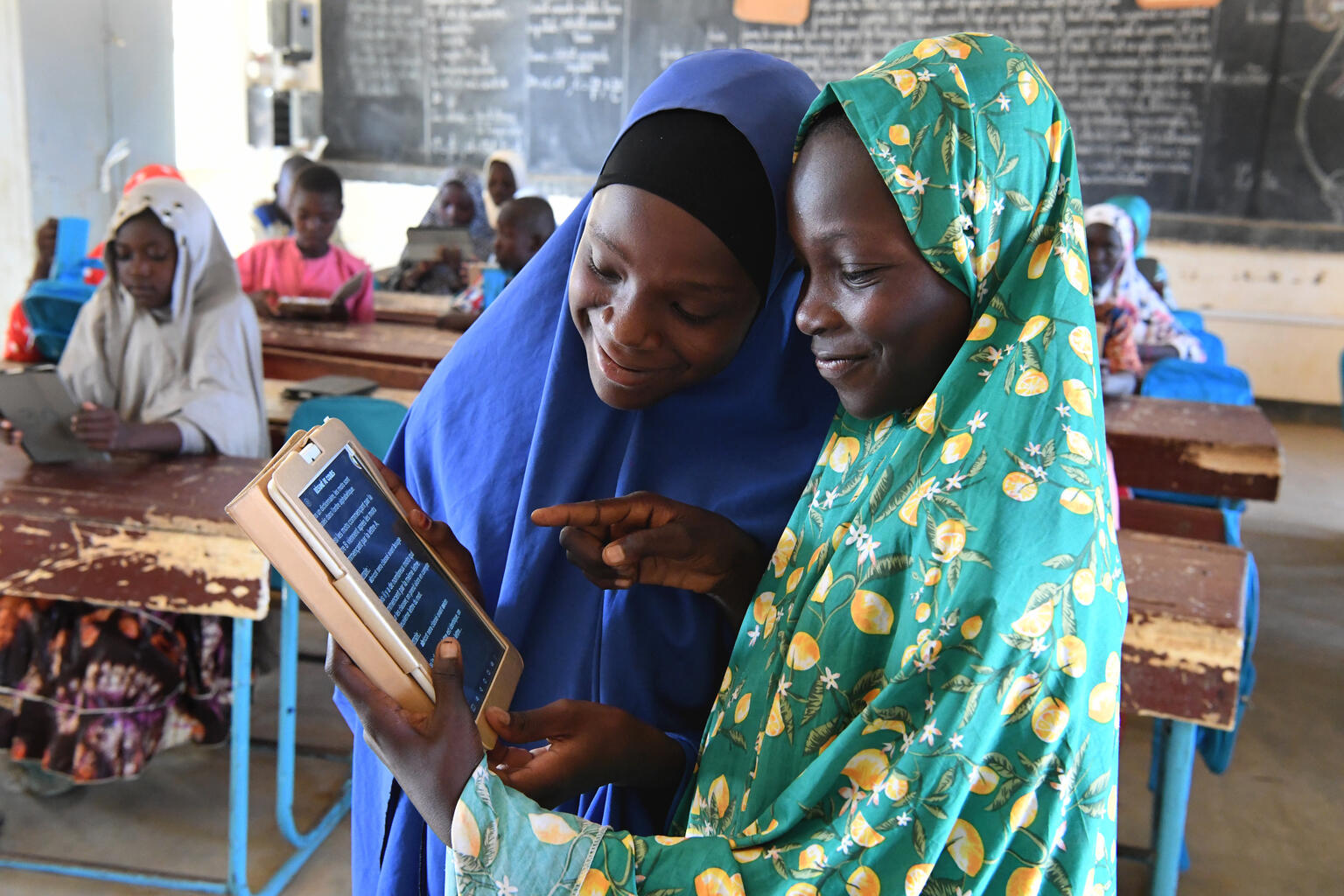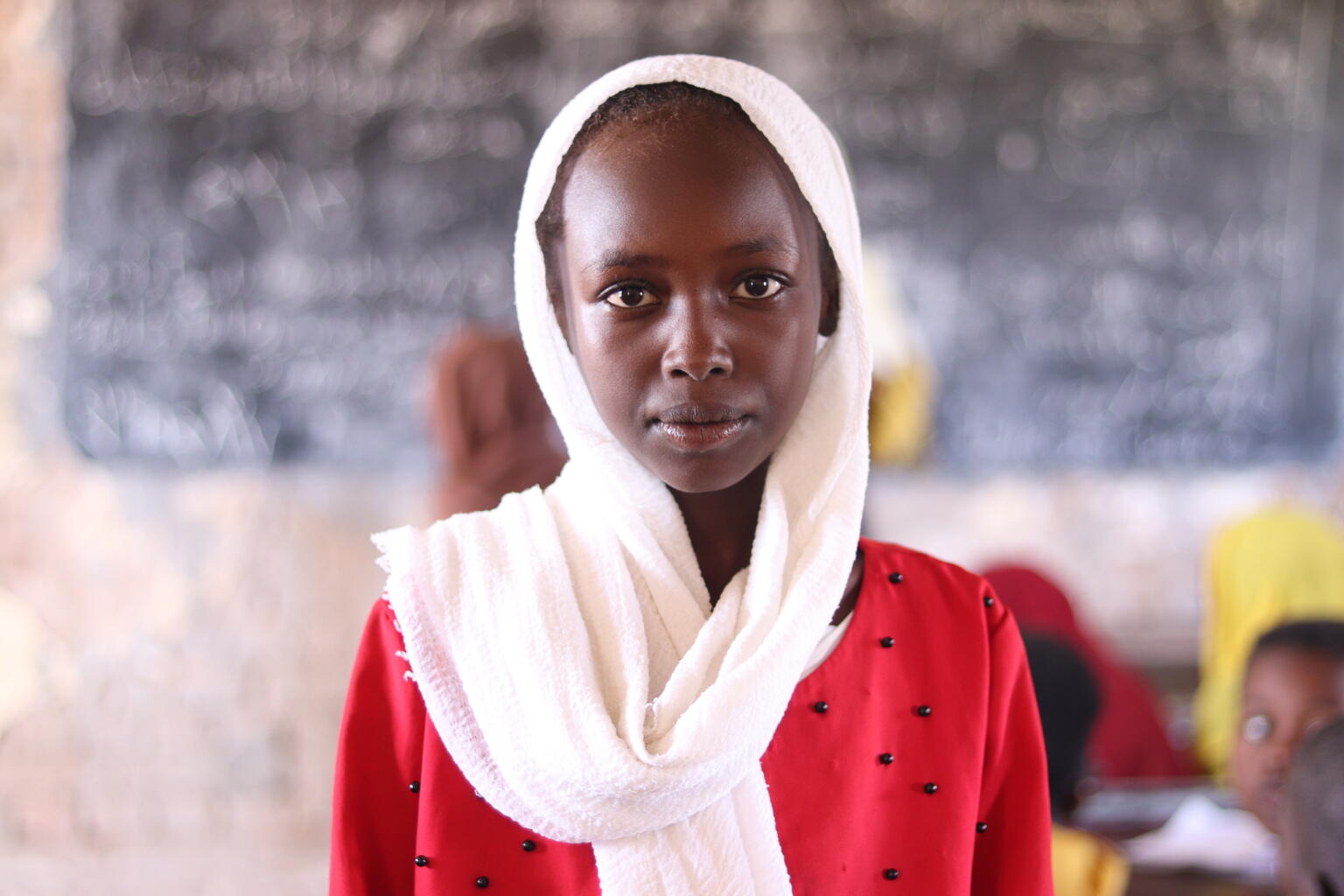We Can, We Must, and We Will

As 2022 draws to a close, my colleagues and I want to thank all of Education Cannot Wait’s strategic stakeholders worldwide for driving ECW fast-forward as a pioneering, effective instrument for delivering education in emergencies and protracted crises.
During the past year, the global, multilateral family of ECW launched new investments in Ukraine and Moldova in response to an atrocious war. We continued pursuing girls’ education in Afghanistan by investing in strong strategic partners able to deliver despite the ban on secondary girls’ education. Investments were made across the Middle East, Sub-Saharan Africa and for refugees in Bangladesh and Latin America. We responded to the climate crisis with several First Emergency Responses, and to armed conflicts and forced displacement through our Multi-Year Resilience Programmes.
In December 2022, ECW finalizes its 28th Multi-Year Resilience Programme for the current Strategic Planning period. Throughout the year, ECW responded swiftly to 13 crises under the First Emergency Response window, bringing the total to 44 crisis-hit countries receiving ECW investments, with a growing focus on climate disasters, including severe floods and devastating droughts. We also maintained two key commitments in all ECW investments: 10% investment in Early Childhood Education and 10% investment for children with disabilities.
We travelled to those left furthest behind in crises: children, adolescents, their teachers, their parents – from Colombia, Ecuador, Libya and Iraq, to Moldova, Ukraine, Somalia, South Sudan, and across the Sahel – and in our most recent high-level mission to Ethiopia with Norway’s Minister of International Development, Anne Beathe Tvinnereim, and Save the Children Norway’s CEO, Birgitte Lange. We worked together with our strategic partners in government, UN agencies and civil society to accelerate the pace, deepen learning outcomes and advance the reach of our investments worldwide.
When we started ECW, an estimated 75 million crisis-impacted children worldwide needed our support. Due to COVID-19, new armed conflicts and deepening protracted crises – as well as increased climate disasters – that number has tripled to an unacceptable 222 million girls and boys today. Thus, despite the progress being made to reach millions of children and adolescents with quality education, we are also racing to bridge the rapidly growing gap between needs and financial resources.
We can and we must prevent 222 million children and adolescents from falling into the abyss.
We do so by fully funding education in emergencies and protracted crises. We do so by embracing a new way of working to bring in humanitarian and development actors to deliver as one – working together through joint programming to ensure coordination and collaboration towards collective outcomes. We do so by accelerating our actions to respond with urgency, reduce bureaucracy and focus on accountability.
None of this is impossible, nor utopic. We can, we must, and we will.
The snapshots highlighted above are the results of our “proven model”, to quote the independent evaluation of ECW this year. Or, as the UN Secretary-General’s Deputy Special Representative in the Democratic Republic of the Congo, Mr. Bruno Lemarquis noted: “We need more instruments like ECW.”
Indeed, we are building momentum. At this year’s Transforming Education Summit, UN Secretary-General António Guterres and The Rt. Hon. Gordon Brown, UN Special Envoy for Global Education and Chair of the Education Cannot Wait High-Level Steering Group, launched the International Finance Facility for Education (IFFEd). In this month’s interview, we talk with Dr. Liesbet Steer, Executive Director of the Education Commission, about the new facility and how it complements the work of Education Cannot Wait.
Next February’s ECW High-Level Financing Conference in Geneva offers the key opportunity to unite in action to realize #222MillionDreams✨📚 through quality education. Hosted by the Government of Switzerland and ECW, and convened together with the Governments of Colombia, Germany, Niger, Norway and South Sudan, the High-Level Conference offers a key opportunity for world leaders to substantively fund ECW’s four-year Strategic Plan and deliver safe, quality education to 20 million children and adolescents by 2026.
We look forward to you joining us at the ECW High-Level Financing Conference. Together, we can deliver on our promises and commitments. With three major funds complementing each other, each with their own specific added value: Education Cannot Wait, the UN’s Global Fund for education in emergencies and protracted crises; the Global Partnership for Education; and, the International Finance Facility, we can, we must, and we will succeed.
Let’s make this our collective resolution for 2023.
Wishing all our partners and stakeholders a Wonderful Holiday Season.




